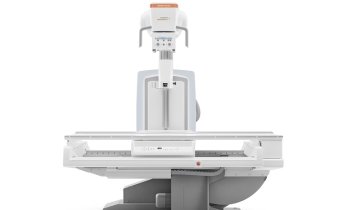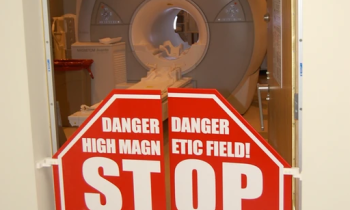EPF´s value + project shows importance of patient involvement
The closing event of the two-year Value+ project called for enhanced political commitment on patient involvement both at policy and project level. Meaningful involvement of patients enhances project results so that the project’s learnings can contribute more effectively to patient-centred, equitable healthcare throughout the EU.
The deliverables of the Value+ project, led by EPF and its project partners were launched today to health stakeholders as well as political representatives including from the Swedish Presidency, Member States and EU institutions. The project outcomes include the Value+ Toolkit and Value+ Handbook which provide a comprehensive evidence-based overview of current practice and trends, success factors and challenges regarding patient involvement in
EU health-related projects.
The Value+ Toolkit will support patients and patient organisations and show them how to become involved as equal partners in European projects and political processes and the Value+ Handbook provides specific information to project coordinators, leaders and promoters on how to involve patient organisations and work effectively with them. A third document, the Policy Recommendations, was developed as a result of the evidence-based assessment and will provide effective strategies on involvement in EU programmes and projects.
Speaking at today’s conference, Swedish Minister for Health and Social Affairs, Göran Hägglund said “Patients, not the system must be at the heart of health and medical care”. EPF Director Nicola Bedlington said “The EPF Value+ Conference shows that putting patients at the centre of healthcare is not negotiable. Empowering patients and making them part of the healthcare system makes sense for their wellbeing and for the wellbeing of
the economy as a whole.”
14.12.2009









